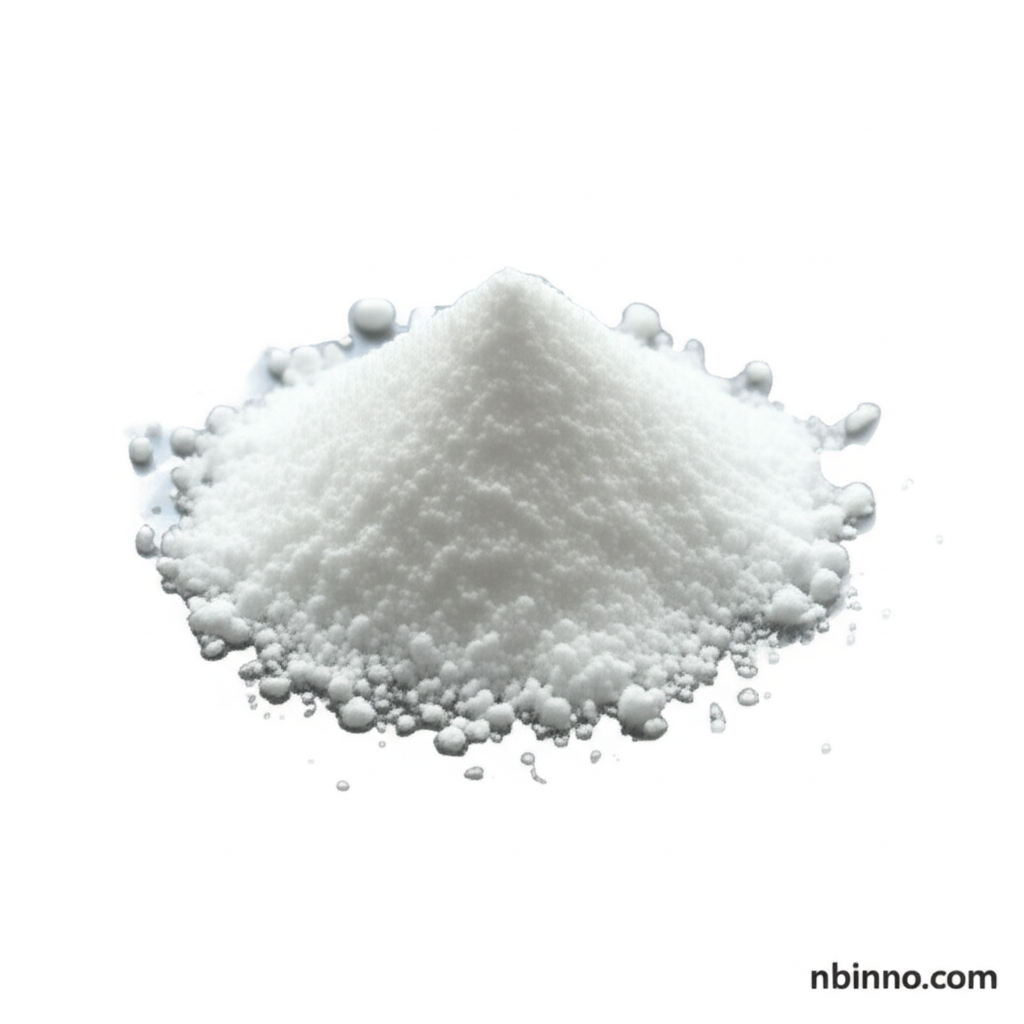Sodium Salicylate CAS 54-21-7: Your Key Pharmaceutical Intermediate
Discover the versatile applications and crucial benefits of Sodium Salicylate for your pharmaceutical needs.
Get a Quote & SampleProduct Core Value

Sodium Salicylate
Sodium Salicylate is a vital sodium salt of salicylic acid, widely recognized for its efficacy as an analgesic and antipyretic. Its role as a non-steroidal anti-inflammatory drug (NSAID) makes it a cornerstone in pain and fever management. Furthermore, it shows promise in cancer therapy by inducing apoptosis and necrosis in cancer cells, offering a novel approach to treatment. It also stands as a valuable alternative for individuals sensitive to aspirin.
- Leverage the analgesic and antipyretic properties of Sodium Salicylate CAS 54-21-7 for effective pain and fever relief.
- Explore the potential of sodium salicylate in cancer therapy, where it's known to induce apoptosis and necrosis.
- Consider sodium salicylate as a viable alternative to aspirin for patients with sensitivities, ensuring broader patient applicability.
- Utilize Sodium Salicylate as a chemical intermediate in various pharmaceutical formulations, enhancing product efficacy.
Advantages Provided by Sodium Salicylate
Broad Therapeutic Spectrum
The dual action of sodium salicylate as an analgesic and antipyretic, supported by its anti-inflammatory capabilities, makes it a versatile compound for treating various ailments.
Innovative Cancer Treatment Potential
Research into the sodium salicylate mechanism of action highlights its ability to induce apoptosis and necrosis, opening new avenues for cancer treatment strategies.
Patient-Friendly Alternative
For individuals who experience adverse reactions to aspirin, sodium salicylate offers a crucial alternative, expanding treatment options and improving patient outcomes.
Key Applications
Pain Relief
As a powerful analgesic, sodium salicylate is instrumental in managing various types of pain, from mild discomfort to pain associated with inflammation.
Fever Reduction
Its antipyretic qualities make it effective in reducing elevated body temperatures, contributing to overall patient comfort and recovery.
Cancer Therapy Research
The capacity of sodium salicylate to induce apoptosis and necrosis is a key focus in ongoing cancer therapy research, exploring its role in combating cancerous cells.
Pharmaceutical Synthesis
Serving as a critical chemical intermediate, it's used in the synthesis of more complex pharmaceutical compounds, highlighting its importance in drug manufacturing.
